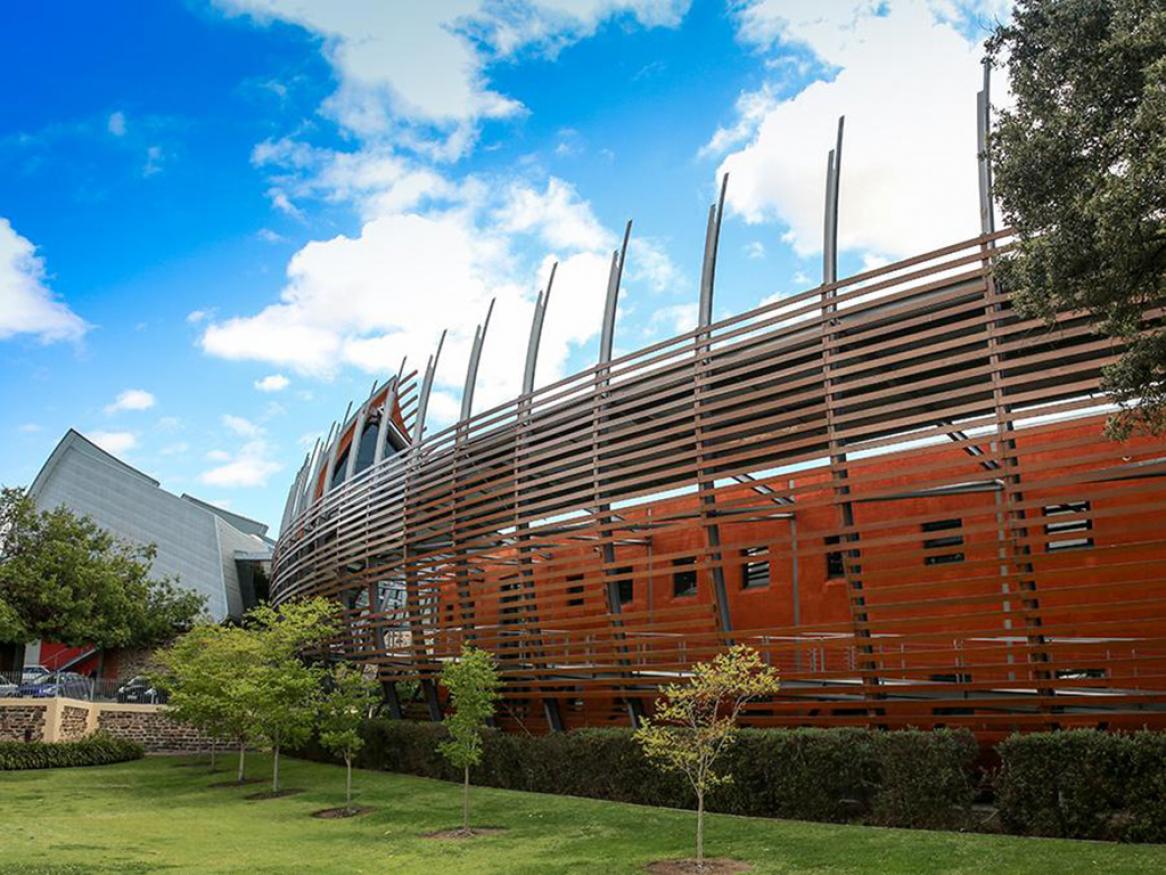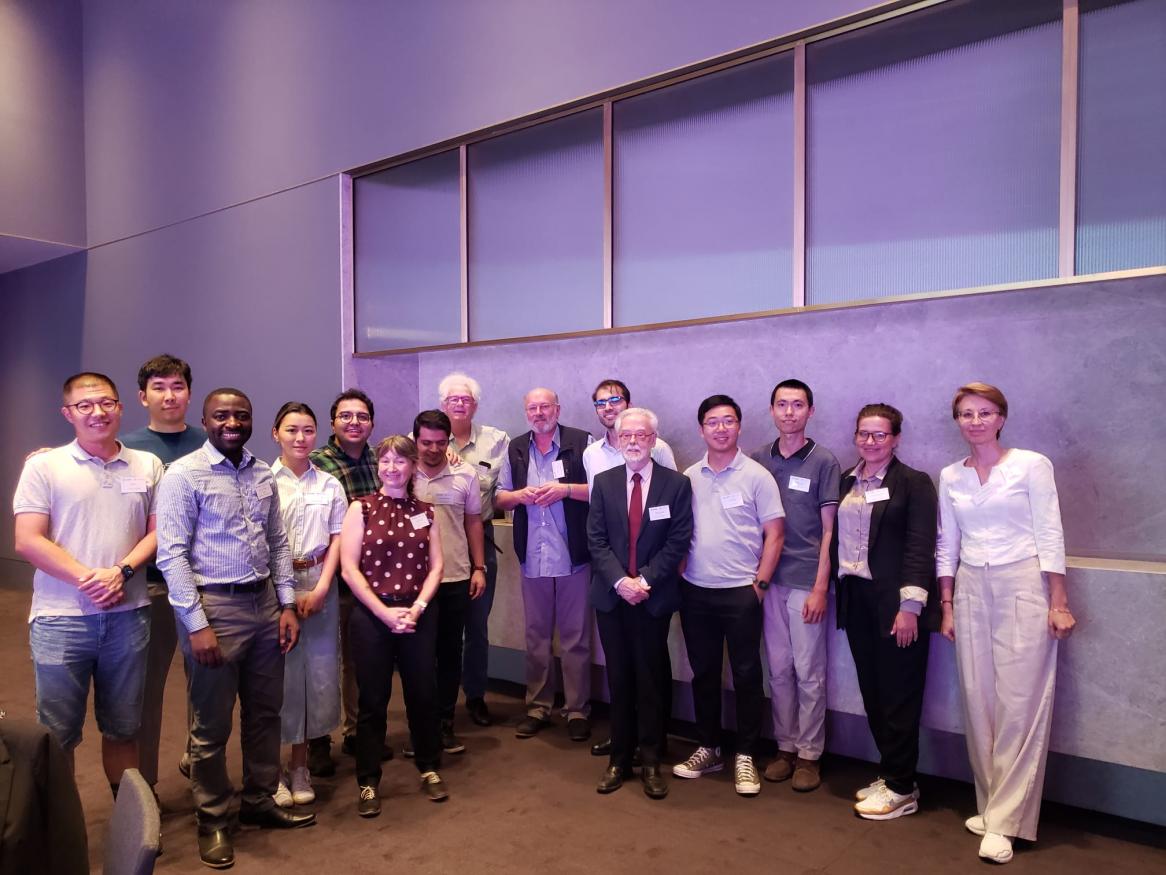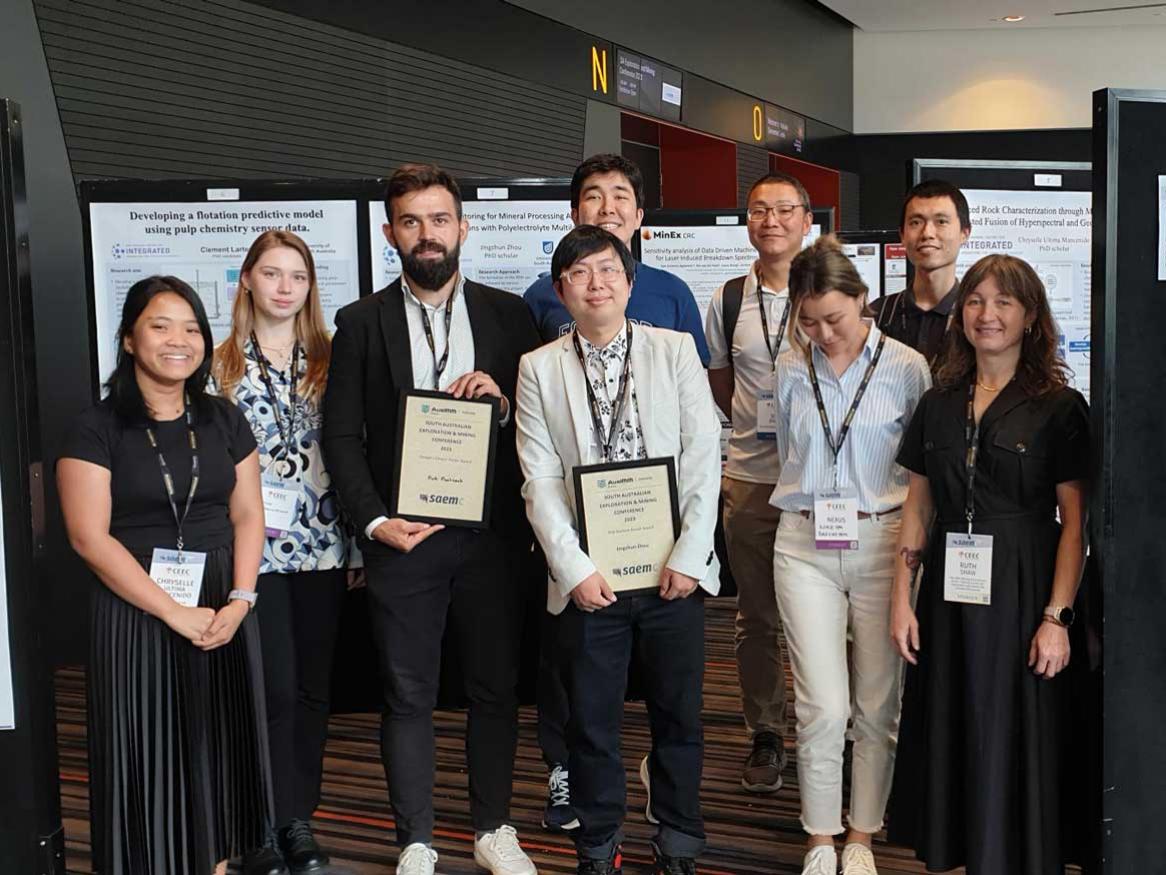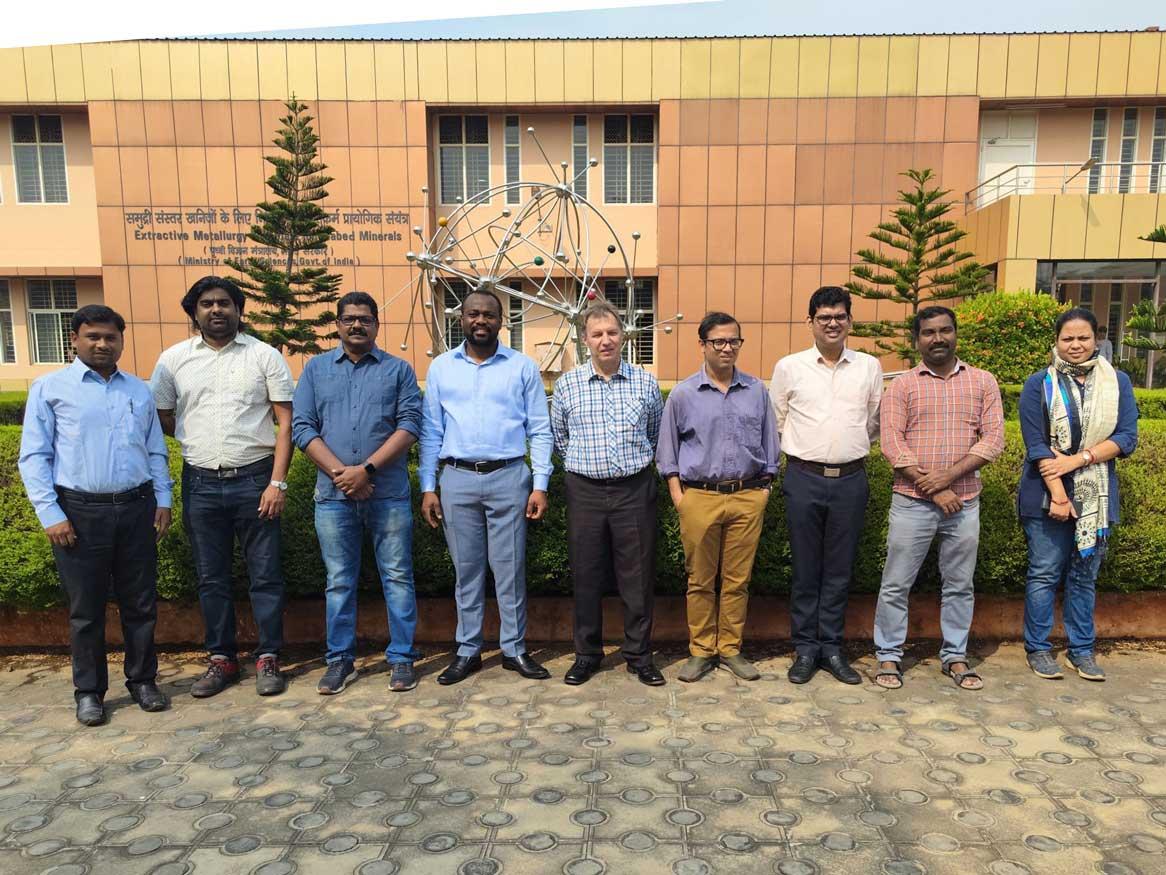Latest news
Search news stories
Enter a keyword to search news.
The Mining Consortium wrapped up in August 2024: Researchers reflect on their experience and achievements

The PRIF Mining Consortium, funded by the South Australian Premier’s Research and Industry Fund, concluded in August 2024.
The PRIF Mining Consortium Final Research Conference 2024

The PRIF Final Research Conference was held on Thursday 25 July at the National Wine Centre in Adelaide. It was a tremendous success, proudly showcasing the PRIF mission: "Unlocking Complex Resources through Lean Processing." The event marked the culmination of the seven-year Consortium Program.
[Read more about The PRIF Mining Consortium Final Research Conference 2024]
Unlocking future copper resources

An Adelaide-based consortium of universities, METS partners, mining companies and research support agencies has unlocked significant economic potential worth millions of dollars through innovative projects. These initiatives aim to enhance copper recovery, throughput and production while ensuring operations are conducted safely, sustainably and with reduced water and energy consumption.
The upcoming PRIF Mining Consortium Final Research Conference 2024

We are thrilled to announce the upcoming PRIF Mining Consortium Final Research Conference (FRC) 2024, which will be held on Thursday 25 July 2024 at the Adelaide National Wine Centre.
[Read more about The upcoming PRIF Mining Consortium Final Research Conference 2024]
Copper to the World Conference 2024

The PRIF Mining Consortium team enjoyed attending the Copper to the World Conference 2024, held on June18-19 at the Adelaide Convention Centre.
Congratulations to Yerniyaz Abildin

Congratulations to Dr Yerniyaz Abildin for his fantastic achievement and successfully completion of his PhD milestone, graduating from the University of Adelaide. The PRIF Mining Consortium team wishes Yerniaz all the best for his future endeavours and career.
International Women's Day

The PRIF Mining Consortium and ARC Training Centre for Integrated Operations for Complex Resources celebrated International Women's Day by attending the Adelaide AusIMM IWD lunch held on 29th February at the EOS Sky City. The atmosphere was fantastic, and the guest speaker, Claire Parkinson, was inspiring with her message of resilience.
Holiday wishes from our management team
Dear PRIF Mining Consortium Members, supporters, and friends,
The South Australian Exploration and Mining Conference 2023

The PRIF Mining Consortium and the Training Center hosted a joint booth at the South Australian Exploration and Mining Conference 2023 (SAEMC).
[Read more about The South Australian Exploration and Mining Conference 2023]
PRIF Mining Consortium outcomes presented at the Annual Technical Meeting of IIM, India

In November, Dr Richmond Asamoah visited the Indian Institute of Metals in Bhubaneswar and delivered Invited Lectures at the Annual Technical Meeting of IIM, sharing some of the PRIF research activities with an international audience.
